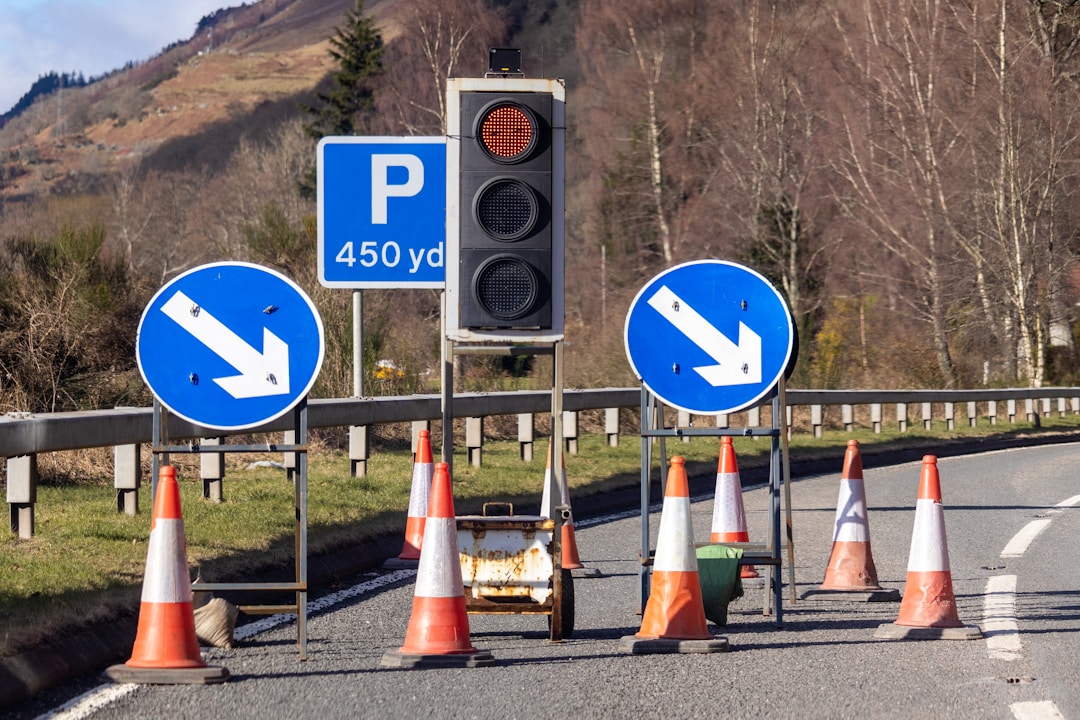8th of March is International Women’s Day. I tend to agree with those that say that women should not be celebrated one day per year. The fight against discrimination needs to happen every day. Yet, this year, this day assumes a more particular focus because of the current status of the war in Ukraine.
A picture worth a 1000 words.
This morning, I posted a picture on LinkedIn, depicting all the participants at the negotiation session between Russia and Ukraine held in Belarus in the last couple of days. Not a single woman at that table.
This picture is very illustrative of the problem at stance. We can’t wait 135 years for full parity to be achieved. Don’t get me wrong, having one woman at that table would have made probably not much difference, and we have had enough cases of women in power positions that have made war (think of Margaret Thatcher).
Women are disproportionally affected by War.
What the picture shows is that once more, a table of men is taking decisions that will disproportionally affect women.
It’s a matter of fact that women (and children) are affected disproportionally by conflict and war situations, a fact recognised also by the UN Security Council. Because of their weaker status in societies, conflict situations tend to immediately destroy any advancement women have had in society, like in the case that we should not forget of Afghanistan. They are also subject to violence in more ways, particularly with sexual violence campaigns that, unfortunately, have been plaguing most conflicts, especially when racial, ethnic or nationalist reasons emerge.
Ukraine is not making an exception. Women are already fleeing in the millions to other countries together with their kids. But are also among the more fragile people trying to keep the delicate fabric of support in bombarded areas. In this war particularly, there is also a high number of women participating in the war itself (about 15% of the army). It’s not a case that Putin’s aggression is also a war against Ukrainian Women.
Oh, and BTW, women will also be more affected by the war in Russia and Belarus. They are the ones more touched by the sanctions, in making the “domestic economy” work. They will be more affected by job losses as the sanctions hit. Russia teaches us a particular lesson: forced equality is not sufficient. Communism tried to give an appearance of equity between women and men, often claiming victories that the west took more time to obtain. Yet we saw that this achievement did not resist the post-soviet years in most of the CIS countries.
Why we need to focus on Equality.
This 8th of March, therefore, needs much more focused attention on the women that are victims of war, not just in Ukraine, but everywhere in the world. We need to care for them now. But also after. They will be critical in the reconstruction effort, exactly as they are critical now in the supporting roles and in trying to safeguard children.
We need to work on intentionally building equality at all levels for women in societies. This is because women are critical to building a society that really tackles the true emergency of our world: Climate Change.
So the real comment about that picture is not that part of the negotiators were meant to be women. That table would have simply not existed between societies that truly recognise diversity, equality, inclusion as their founding values.
“I can promise you that women working together – linked, informed and educated – can bring peace and prosperity to this forsaken planet.”Isabel Allende
What do you think?

Comments and Feedbacks
More posts like this










